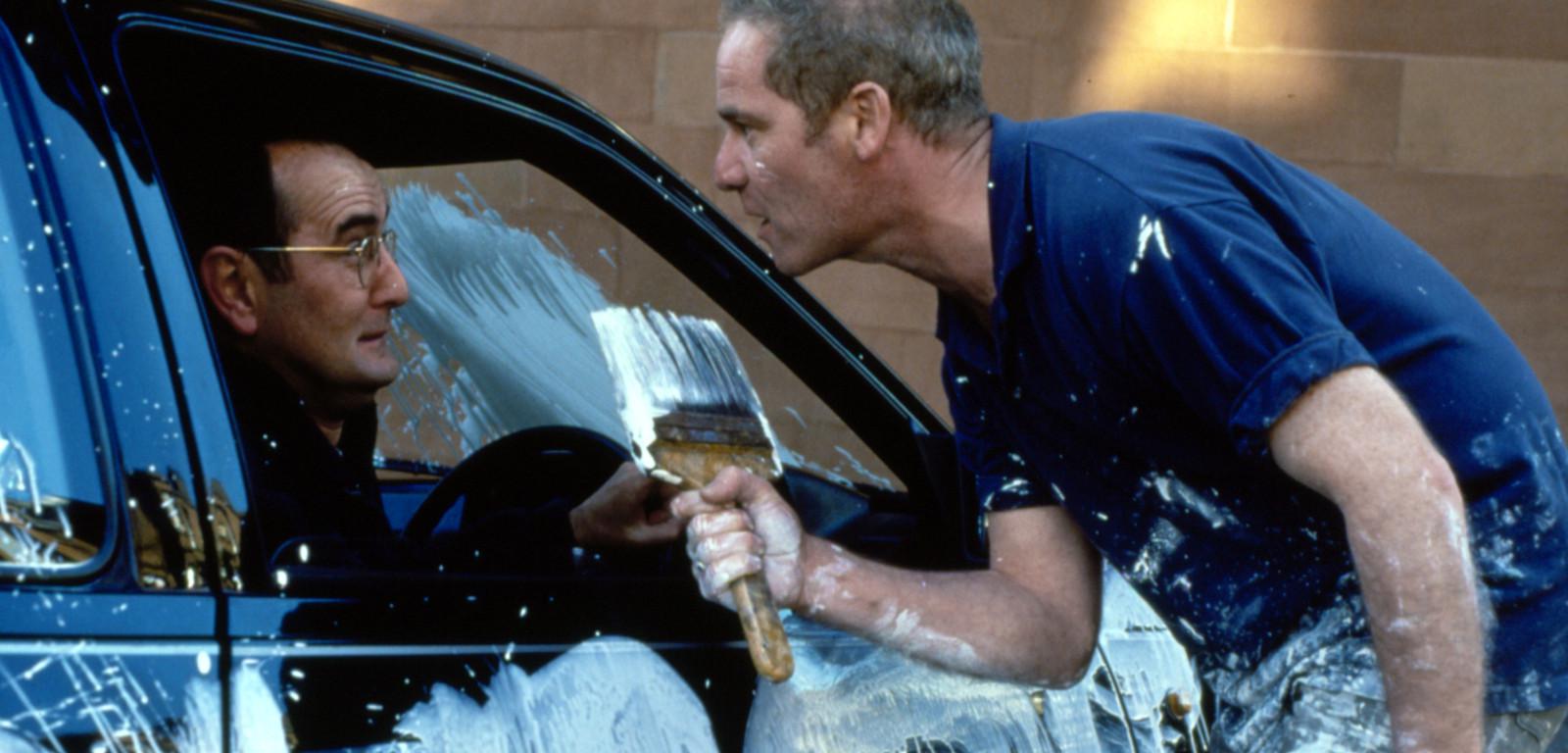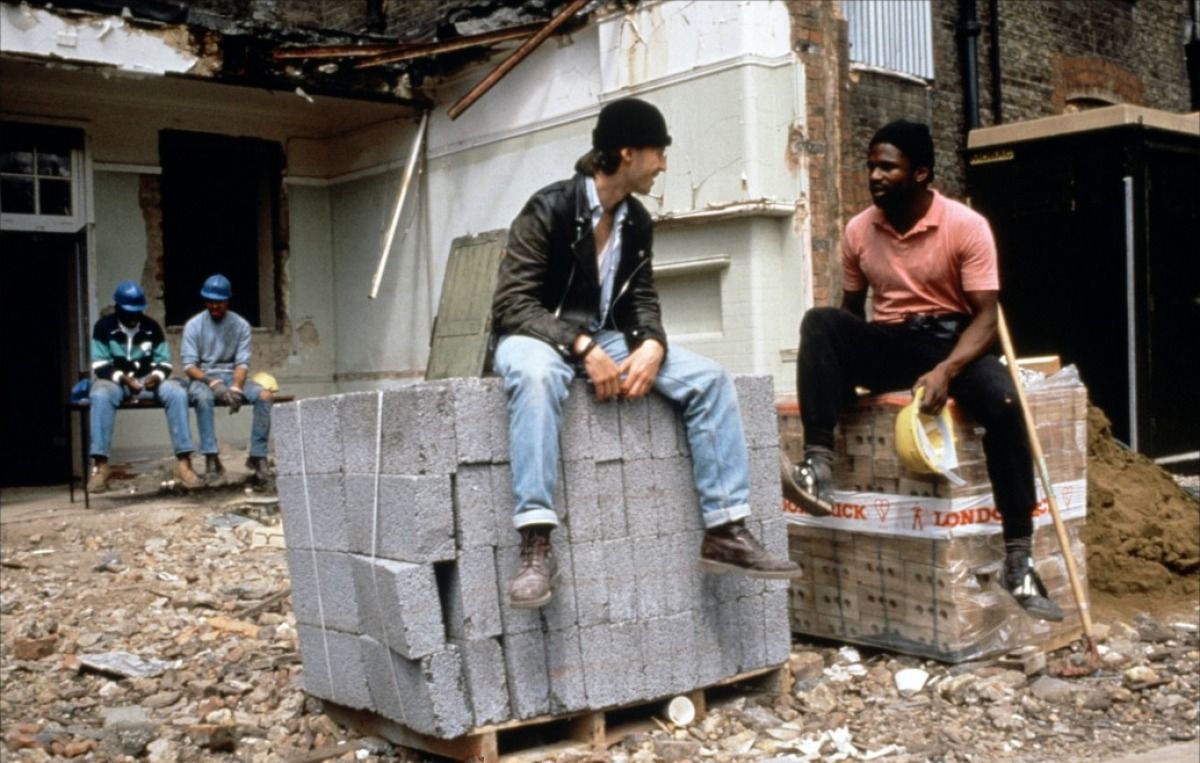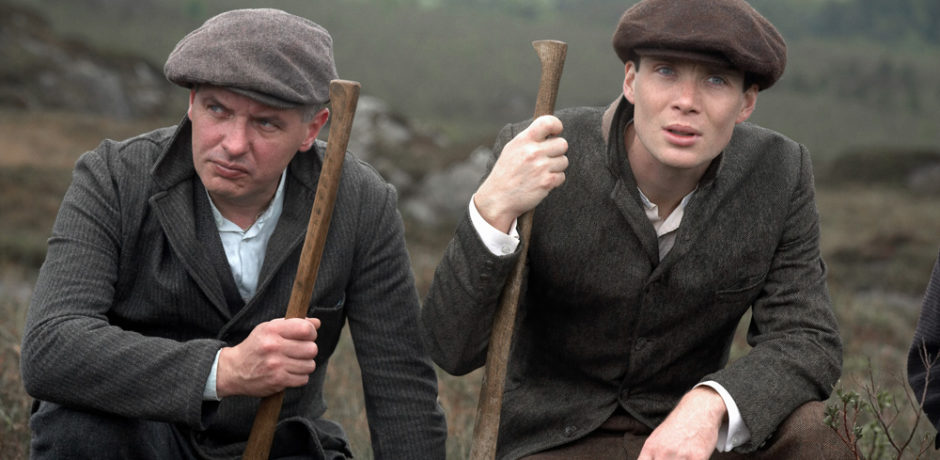Close-up: Ken Loach
O sekcji:
Anyone who remembers the constricting atmosphere when Moscow commanded Poland and the whole of Eastern Europe may be a little surprised that British director Ken Loach has been chosen for a tribute in the Festival this year. Now in his very lively eighties, Ken has been the UK’s most radical director for some fifty years. He is a socialist whose beliefs have nothing to do with Moscow’s and whose intensely political films are invariably measured by character rather than polemics. It is abundantly clear in this small retrospective, chosen by Ken himself, that what most matters to him are the characters in his films and what society in the West has done to them rather than the political diversions that have shaped their lives. You invariably come out of a Ken Loach film knowing precisely what he thinks is wrong with capitalism. But the characters come first every time. His films may rile those who are on the right, but their warmth, humanity and humour have made him a worldwide figure, admired by other film-makers and adored by many who would like to see a different, more compassionate world.
I am glad that Kes is one of the films you will see since it is not far short of his masterpiece as a young boy, pretty useless at school and invariably in trouble, suddenly finds a meaning to his life when a teacher introduces him to a kestrel. It is difficult not have tears in one’s eyes at some point in the film. And those tears might as well be of laughter, as when the boy gets involved in a ludicrous football game controlled by one of the school’s masters who is clearly more obsessed by the game more than anyone else. The scene, by the way, is illustrated by the music used to herald the Saturday night football special of the day. It is one of those memorable moments when parody strikes home and Ken’s precise and joyous observation of human frailty shows up wonderfully well. Riff Raff, about a building site for luxurious flats has a similar feel about it—funny and sad at the same time as the working class workers build homes for the rich on a site that might otherwise be put to better usage.
There are two or three other things you ought to know about Ken. And one of them is the startling fact that most of his actors are amateurs rather than professionals. Some, like David Bradley, who plays the boy in Kes, have gone on to make careers for themselves. But for others their one performance was their last. It is astonishing how good most of them are and no wonder that the audience at Cannes gives them the same ovation as Ken almost always gets at his favourite festival.
As a long-standing critic of The Guardian, I have known Ken for some fifty years and though I have had political arguments with him from time to time, I will always remember that his life as a director has never been simple. At a time when he should have been in full flight in his career he could make no films and even his attempts at television were often censored. This fallow period lasted over a decade and only in recent years, when a lot of film-makers would have retired, have we come to realise his true value. I like to think that some of us critics eventually gave him a second chance by out praise and affection. Ken is a remarkable man, a fighter for the rights of those whom few others care or even know about. He is as human as his films, and a cherishable icon of British and world cinema.
Derek Malcolm

Close-up: Ken Loach
Kes
reż. Ken Loach
Wielka Brytania
1969

Close-up: Ken Loach
My Name is Joe
reż. Ken Loach
UK/Germany/France/Spain
1998

Close-up: Ken Loach
Riff-Raff
reż. Ken Loach
UK
1991

Close-up: Ken Loach
Sorry We Missed You
reż. Ken Loach
UK/Belgium/France
2019

Close-up: Ken Loach
The Wind that Shakes the Barley
reż. Ken Loach
Ireland/UK/Germany/Italy/Spain/France/Belgium/Switzerland/Holland
2006